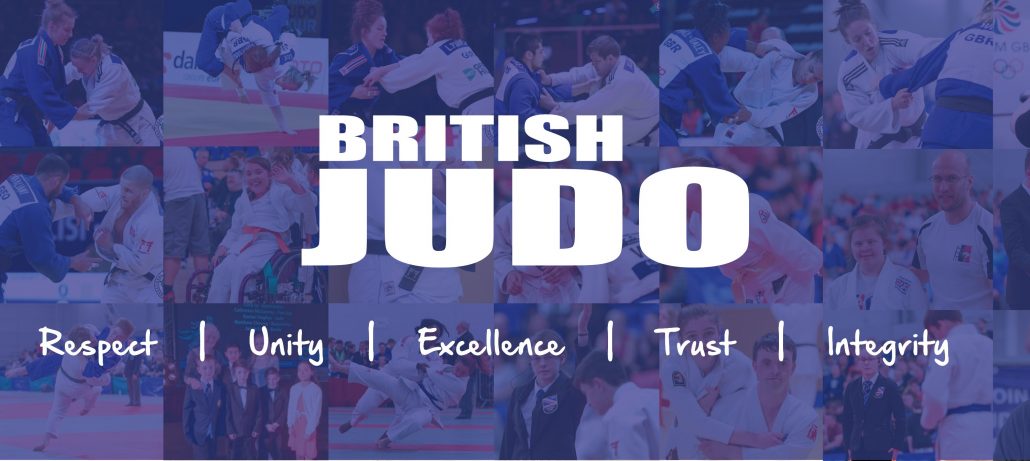The History of Judo

Judo first originated in 1882 through Professor Jigoro Kano, who had started to learn Jujitsu after being bullied at school. Although he studied hard and became a black belt, the Professor felt that Jujitsu was simply too brutal to be used by children and he wanted to find a gentler way to defend oneself. After studying all the ancient self-defence forms, he integrated the best of these forms into a sport which is now known as Judo.
The word Judo breaks down into ju (gentle) and do (way or path) or “the gentle way†and the Professor believed that judo would not only develop physical fitness and body control in children, but was also an excellent way of developing inner discipline and moral values, resulting in a journey towards mental and spiritual growth.
Prof. Kano was the first Asian member of the International Olympic Committee in 1909 and worked tirelessly towards the adoption of Judo world-wide. Judo became an official event in the Olympic Games of Tokyo in 1964, backed by Judo fans and sport promoters all over the world.
During his lifetime, Prof. Kano was awarded a doctorate in Judo, equivalent to a twelfth Dan, which could only be awarded to the originator of Judo. Throughout his life, he strived towards the development of judo and physical fitness, and is now known as The Father of Judo.
The British Judo Association (BJA)
Happidojo is very proud to be part of The British Judo Association (BJA) which was founded in 1948 and is the National Governing Body for the Olympic Sport of Judo in Great Britain. The Association represents Great Britain internationally and is a member of The International Judo Federation, The European Judo Union, The Judo Confederation of the European Union, The British Olympic Association, Sport and Recreation Alliance, Commonwealth Judo Association, and the Commonwealth Games Federation.
